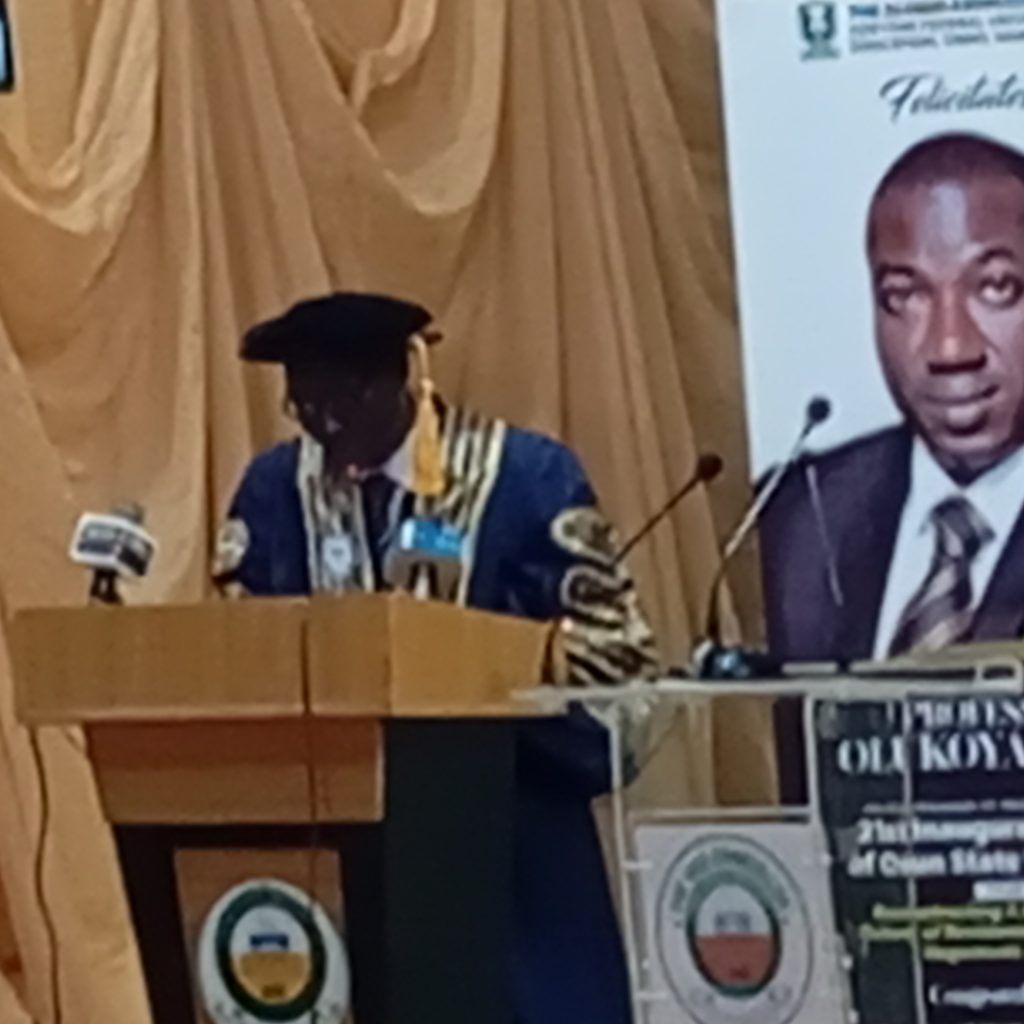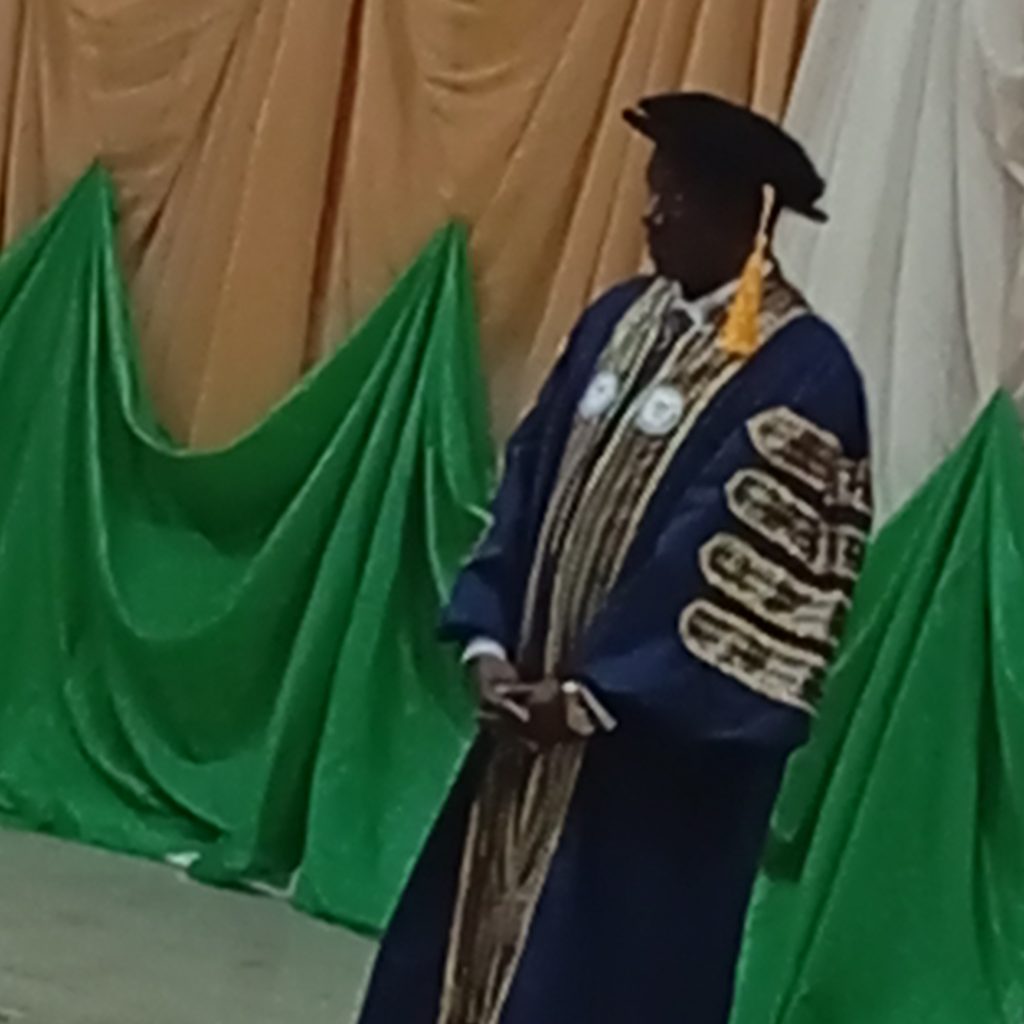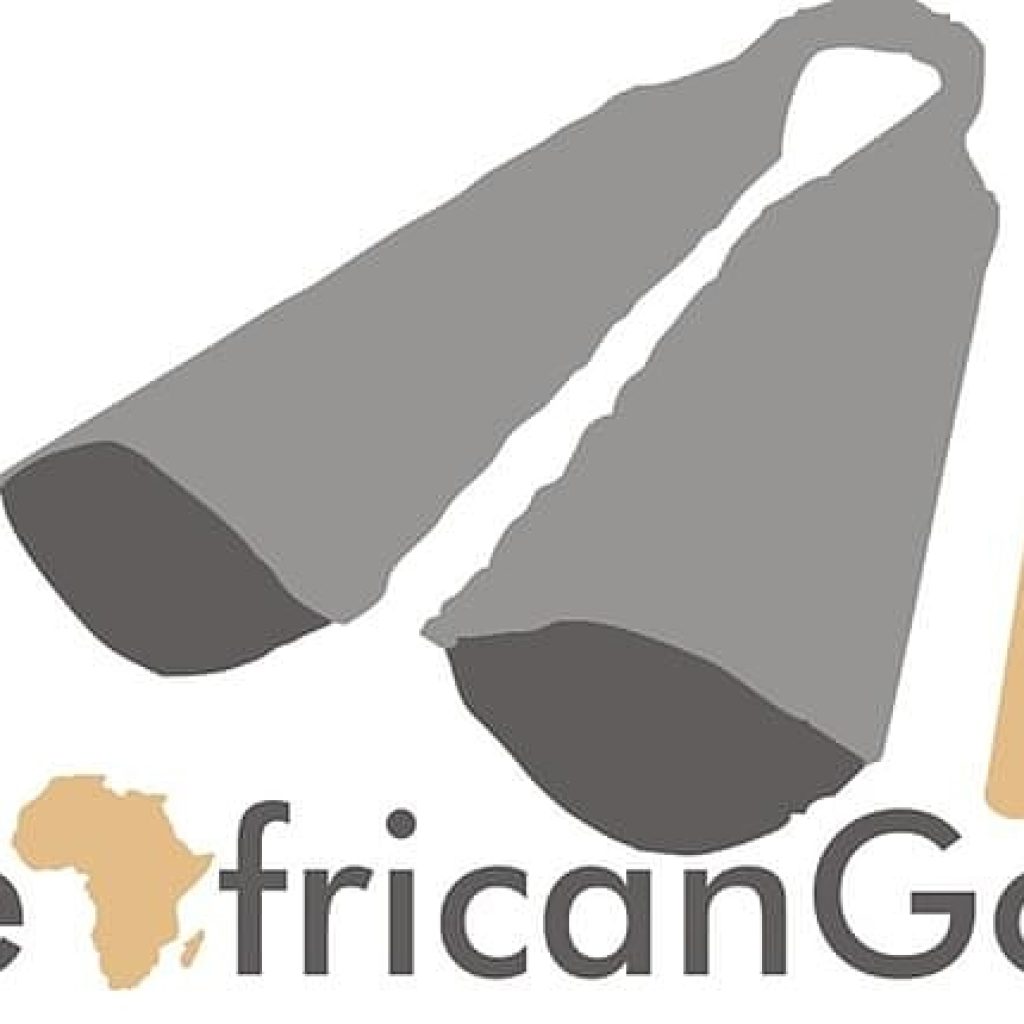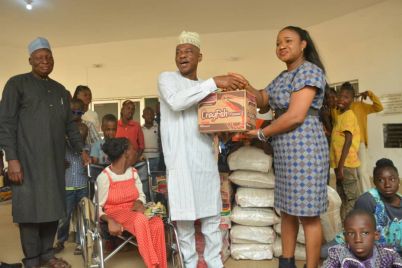
Prof Olukoya Ogen has explained his role and contributions to digital history and lCT education particularly at the formal Adeyemi College of Education now Adeyemi Federal University of Education when he was provost at the college.
Speaking at the 21st Inaugural lecture of the Osun State University, Prof Olukoya Ogen explained the importance of the digital history and ICT to educational development and most importantly to nation’s development.
Prof Olukoya Ogen told his audience about his role in the historical society and the giant strides that made him a deserving candidate for these accolades and preferment?
According to him, “ln 2014, l was appointed as the Provost of Adeyemi College of Education. On assumption of office, l considered an lCT revolution as the framework upon which other achievements would be built. Within the first year l had succeeded in deploying a scalable Network infrastructure with a state-of-the-art data centre and a 12.7km optic fibre across campus”.
This was followed by the digitization and archiving of all College documents from 1964 when the institution was founded to 2018. Over six million documents were digitized, filed and referenced for easy access. Rampant cases of misplaced or missing files and documents were also checkmated. We deployed an Electronic
Document Management System (EDMS) which ensured that all official correspondences and movement of memoranda among Principal Officers and top management are digitally executed irrespective of one’s location at any particular time.
The College Virtual Learning System complemented the Campus lntranet TV and online campus radio based on intranet fibre. The campus intranet TV and Radio were the first in any Nigerian higher institution.
The campus TV initiative provided both live and recorded lecture broadcasts for students. Hybrid learning commenced in 2015, five years
before the outbreak of Covid 19.

ln 2015, we pioneered electronic voting for student’ union elections.
Apart from the computerisation of the voting process, debates, the
presentation of campaign manifestoes and almost all the entire electoral
process were done virtually. Elections took place even during
examinations without friction and students can vote from the comfort of
their rooms. The novel idea engendered peaceful and transparent
electoral process.
With the successful development and deployment of the College
electronic price and product monitoring software, the College emerged
as the first MDA in the country to embrace e-procurement in the awards
of contracts in line with the 2007 Procurement Act, a feat duly
acknowledged by the Bureau of Public Procurement on NTA news
panorama of 27th September, 2016. The commissioning of 10 major
projects within 10 months attest to the magic wand of electronic
procurement.
ln the area of digital security, we became the first higher institution in
Nigeria to acquire a high-tech multipurpose drone for digital security and
interconnected the campus to the nearest police station. A 24 hour aerial
survey of the entire campus became possible from the central security
room, the Fagun Police Station and from my laptop and other Android
devices. The security drone effectively complemented the over 50 CCTV
cameras deployed in strategic locations across the College.
The Digitization of the Ibadan School of History Series: Apart from
the fact that l started utilizing digital tools such as Zotero, digital archives,
digital maps collection, digital library repositories, etc for my research, it
is important to note that in 2018, l hosted seven of the pioneers of the
lbadan School of History. These eminent first generation Nigerian
historians included, Prof Banji Akintoye, Emeritus Prof. Jide Osuntokun,
Emeritus Prof. Anthony Asiwaju, late Prof. Obaro lkime, Prof. Tajudeen
Gbadamosi, Late Prof. Dahiru Yahya and Late Prof. Olatunji
Oloruntimehin. After the meeting, l facilitated the digitization of the entire
15 volumes of the lbadan History Series, thereby preserving for posterity
the famous history classics that are already out of print. Even before then
l
had earlier facilitated in conjunction with lnsa Nolte, the digitisation of
entire BA, MA and PhD theses from 1966-2015 at the Department of
History and Strategic Studies, University of Lagos.
Mr Vice Chancellor, it is a delight to report that in commemoration of this
inaugural lecture, lnsa Nolte and myself have commenced the digitisation
of all the final year long essays and the entire students and staff files of the
Department of History and lnternational Studies of this University.

Over the years, the totality of my ethnographic experiences in several
parts of Yorubaland, the Benin and Delta regions, the Bakassi Peninsula
and the ‘Yoruba’ inhabited districts of Sierra Leone has taught me that
no archive or library no matter how well-stocked can match an in depth
ethnographic survey of ones’ study area. lt will amount to a grave
disservice to historical knowledge to cocoon oneself in the archives and
rely almost exclusively on the biased and half-baked accounts of
missionaries and British officials who merely passed through the coastal
fringes of the southeastern Yorubaland. There is no proof that any of
them stayed for more than one night in any of the few villages and towns
that they passed through. Yet, they felt they knew enough about the
socio-political and economic dynamics of coastal Yorubaland to make
their sweeping but fundamentally flawed pronouncements. The colonial
historiographical trinity of ‘know the archive, know the past, write the
story’ which continues to be embraced uncritically, has been revealed as
sham in theory and practice for many thinkers and history practitioners
for some time now.
The belief that European sources on pre-colonial Africa are the only way to
grasp the meaning of the African past is a pointer to the fact that Africa is
still faced with the challenge of how to reconstruct an autonomous
historical science of its peoples and showcase an indigenous
historiography that is devoid of the trauma of colonial historiography and
Western historiographic dependence.

